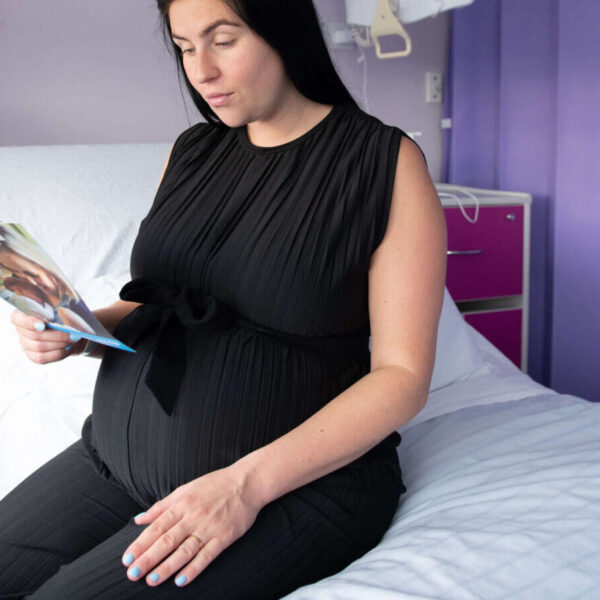The Global Breastfeeding Collective welcomes you to save the date for a virtual celebration of the 40th anniversary of the adoption of the International Code of Marketing of Breastmilk Substitutes (the Code) by the 34th World Health Assembly.
The online event will feature an exciting lineup of international speakers discussing a range of important topics, including the achievements of the Code so far, tools and strategies for strengthening country-level implementation of the Code and its subsequent resolutions, and how governments enforce legislation to protect against harmful marking practices.
Sponsored by UNICEF, the World Health Organization and other Global Breastfeeding Collective partners, this event will be hosted via Zoom on 21 May 2021 at 13:00-14:30 BTS.
For more information and to register, visit the Global Breastfeeding Collective.
More on the Code
The International Code of Marketing of Breastmilk Substitutes (the Code) is an international health policy framework to regulate the marketing of breastmilk substitutes in order to protect breastfeeding. It was published by the World Health Organization in 1981, and is an internationally agreed voluntary code of practice which was written in response to the marketing activities of the infant feeding industry that promoted formula feeding over breastfeeding, in turn leading to dramatic increases in maternal and infant morbidity and mortality. To learn more about the Code and to ensure your services meets the required standards, see our dedicated resource page.
The UK Committee for UNICEF (UNICEF UK) Baby Friendly Initiative was introduced to the UK in 1995 and is based on a global accreditation programme of UNICEF and the World Health Organization. It is designed to support breastfeeding and parent-infant relationships by working with public services to improve standards of care. It is the first-ever national intervention to have a positive effect on breastfeeding rates in the UK.





